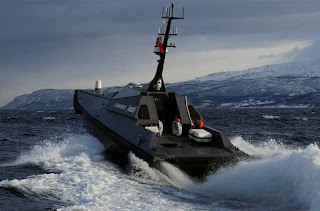The Art of Officialdom After the Apocalypse (Part 2)

During the Cold War the British Government expended an enormous amount of effort to put plans in place to secure the survival of the machinery of government in wartime. Extensive plans were made that covered how the Government would disperse to the regions, shelter and then emerge to regain control in the aftermath of a nuclear attack on the UK. In the first part of this series (HERE), the basic principles of planning were covered, along with an insight into the challenges of preparing for the worst – including whether to invite the French Ambassador or not (arguably after the last few weeks, that would be an easier problem to resolve these days). One of the biggest challenges that faced Government in this period was the difficulty of keeping the secret of where its main wartime location would be. The headquarters in Corsham, known by various codewords over the years including STOCKWELL, TURNSTILE and BURLINGTON would be the wartime location of the War Cabinet, and the Prime ...



